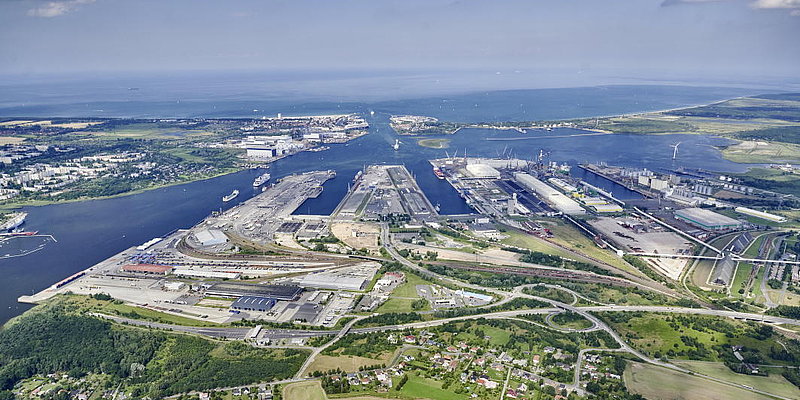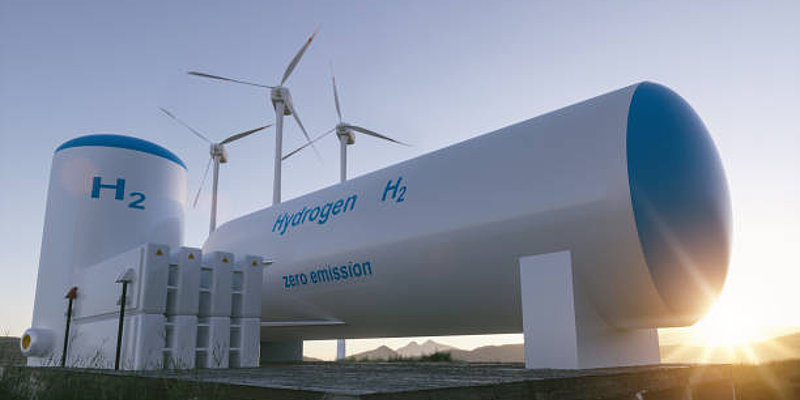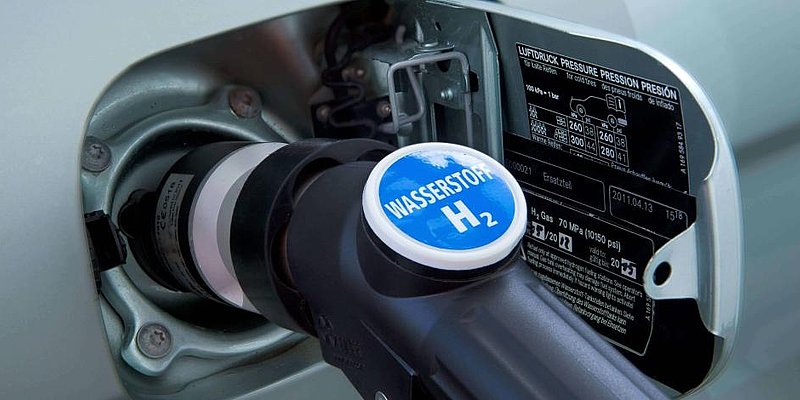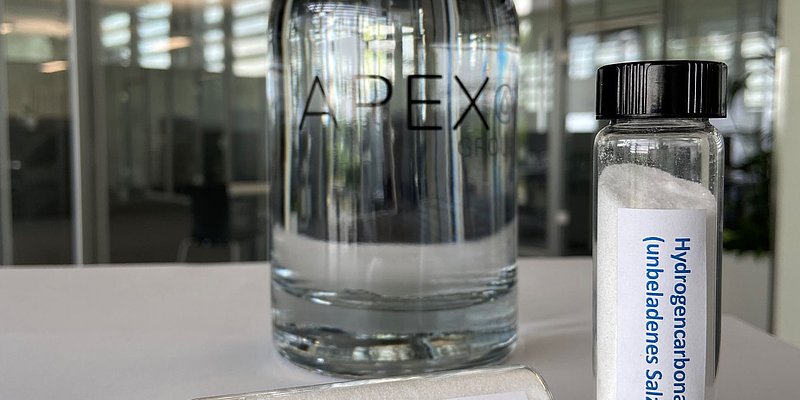Rostock's seaport is to be developed into a hub for hydrogen and green ammonia with 1 gigawatt of energy supply capacity. Based on the concept of sector linking, a purchase of hydrogen and its derivatives by regional actors is secured and the waste heat is to be fed into the existing district heating network. The IWEN Institute based in Rostock-Warnemünde supports the transformation process with innovative research approaches.
The H2-VALUE chain of the Rostock region
With the development of a regional value chain from regeneratively produced, green hydrogen, actors from politics, business and science are working together towards the goal of a sustainable, competitive hydrogen economy. The potential offered by wind and solar energy is being implemented in a variety of projects in the sense of linking sectors.


Hydrogen storage power plant
A current study is investigating the subsequent use of Rostock's coal power plant by means of an innovative, grid-forming hydrogen storage power plant. The hard coal-fired power plant, which must be shut down by 2035, fulfils transregional grid-supporting functions. The hydrogen storage power plant could not only fulfil these grid control function, but also supply heat for the local heating grid and hydrogen for various projects in sector coupling.

Hydrogen pipeline
A hydrogen pipeline is to run from Rostock's seaport to the Central German Chemical Triangle, thus supporting the hydrogen economy in eastern Germany. The pipeline builder and operator Gascade, the gas transporter Ontras, the regional hydrogen producer Apex and the wind energy company Enertrag want to convert an existing natural gas pipeline and integrate it into the German and European hydrogen network.

Hydrogen filling station Rostock
In Rostock, TOTAL operates the first hydrogen filling station in Mecklenburg-Vorpommern in cooperation with H2 Mobility. The hydrogen filling station was funded by the federal government with just under 700,000 euros in the National Innovation Programme (NIP), under which the federal government provides a total of 20 million euros in funding for the development of the hydrogen filling station network.
![[Translate to English:] [Translate to English:]](/fileadmin/_processed_/c/3/csm_APEX_-_Tankstelle_008c883fe9.jpg)
Hydrogen filling station
A public filling station for up to 40 public transport buses and 200 cars is located on Apex Energy's factory premises. As part of the realisation of a green, hydrogen-based business park, Apex wants to supply this filling station with hydrogen produced on site.

H2-MEMORY-TOOLBOX
The Apex Group is developing a new storage technology together with LIKAT Rostock. This storage system is to be used for both stationary storage and the global transport of hydrogen. For this purpose, the salt of formic acid is to function as a storage medium like a universal tool set and be used for the different needs and requirements of the respective area of application.
